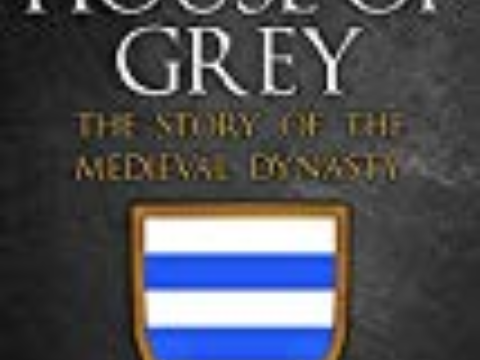Thomas More: Life Story
Chapter 5 : Public Life
In 1501, More qualified as a barrister and began to practise. It was not long before he took on educational and administrative roles within his profession – he became a Reader at Furnivall’s Inn, and then within Lincoln’s Inn, although he continued to study and write. In the spring of 1503, Queen Elizabeth of York died in childbirth. More wrote a series of memorial verses for the Queen, called ‘A Rueful Lamentation’. It purports to represent the thoughts of the dying Queen, as she muses on her family, to be left behind.
In Roper’s biography, he claims that More sat in the Parliament of 1504, but modern biographers, most recently Peter Ackroyd, have concluded that there is no evidence to support this, or the subsequent assertion by Roper that More angered Henry VII by complaints against taxation.
In 1505, now well established in his profession, More decided to marry. He was 26 years old, which was fairly late for first marriage at the time. His bride was 17-year-old Joanna Colt, the daughter of a landowner from Hertfordshire who held property at Royston, not far from land that More owned jointly with his father. Joanna’s mother, Joanna Trusbut, had once been married to William Parr, whose grand-daughter, Katherine, became Henry VIII’s sixth wife.
More seems to have viewed his role as a husband as similar to that of a teacher. According to Erasmus, he was determined to mould Joanna into an intellectual companion. There is no specific record of Joanna’s views about this although the descriptions of her by More’s friends suggests that she was a young woman of a gentle and biddable nature, participating in More’s schemes for her better education.
However Joanna would not have had a great deal of time for intellectual activities as she was to bear six children in the course of her married life. Four of these children lived to adulthood: Margaret, Elizabeth, Cicely and John. The young couple moved into part of a property known as the Old Barge in Bucklersbury. At a later date More would inhabit the whole of the property but the time of his first marriage he could only afford a part of it.
Still travelling up the ranks of his profession, More undertook a number of offices within Lincoln’s Inn and in a demonstration of his increasing importance in the city of London was admitted as a member of the Mercers Guild in March 1509. It may have been as an affiliate of the Mercers that he became increasingly critical of Henry VII’s financial policies which many saw as tyrannical exactions.
As a member of the Mercers Guild, More had duties to perform on its behalf. These included negotiations with the magistracy of Antwerp over the properties that English merchants were to be permitted to use in that city and it may have been in relation to this that he first travelled to continental Europe, visiting the great university cities of Louvain and Paris.
On his return he visited Coventry where his sister Elizabeth had settled following her marriage to John Rastell the city’s coroner. Rastell, as well as being a lawyer, was also a publisher – he had published More’s translation of Mirandola’s biography, and would publish other works of his later.
Thus by the beginning of 1509 the 30-year-old More was an increasingly successful lawyer, well-respected within a Guild, which would potentially place him in a position to become an alderman and even Lord Mayor of London, married with three children and a comfortably growing income. He could have continued in this vein and become a senior figure in the life and politics of the city of London but in 1509 his life took another turn with the death of King Henry VII and the accession of Henry VIII.
To celebrate the coronation of Henry VIII and his new wife, Katharine of Aragon, More wrote and delivered a coronation ode on behalf of the Mercers’ Company. This was a fulsome work which compared the accession of Henry VIII with the dawn of a golden age – parsimony and suspicion were vanquished and replaced with openhanded joy and clemency. Of course, More had an axe to grind in that as a representative of one of the big city guilds he very much hoped that taxation would be lightened.
The ode was then made into a presentation copy for the King. More added a rather tongue in cheek preface, in which he likened his fulsome verses to a girl piling on too many cosmetics, unsure of the value of the face beneath.



